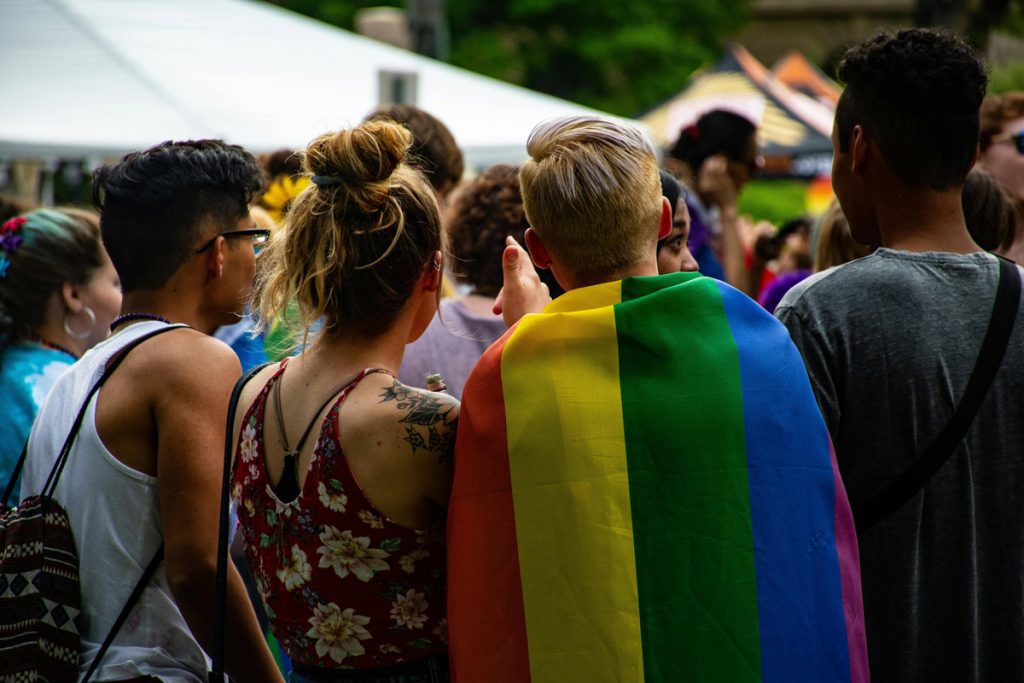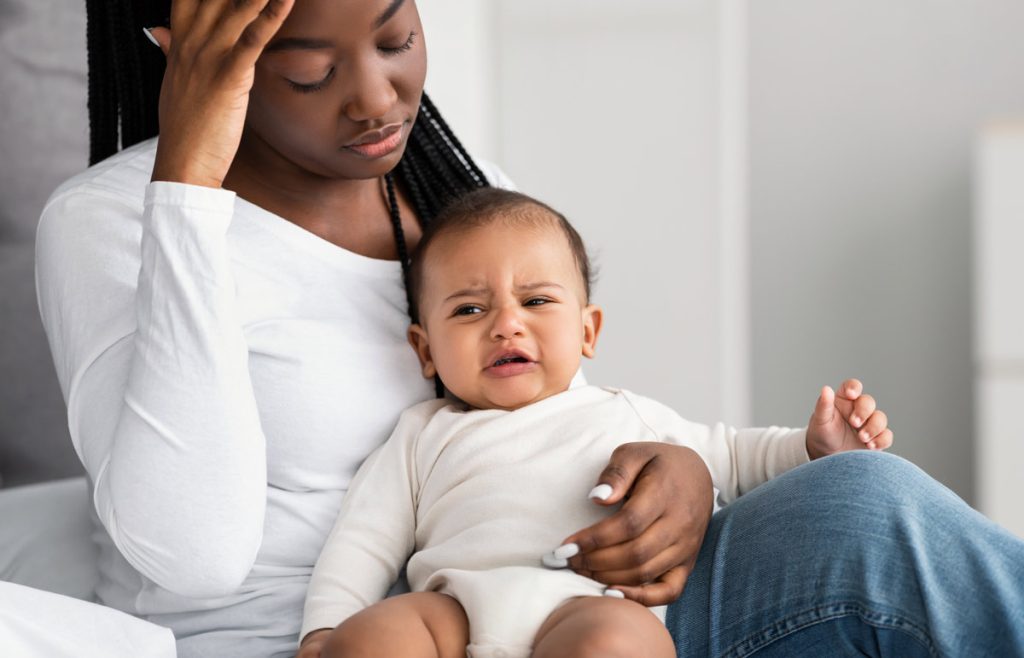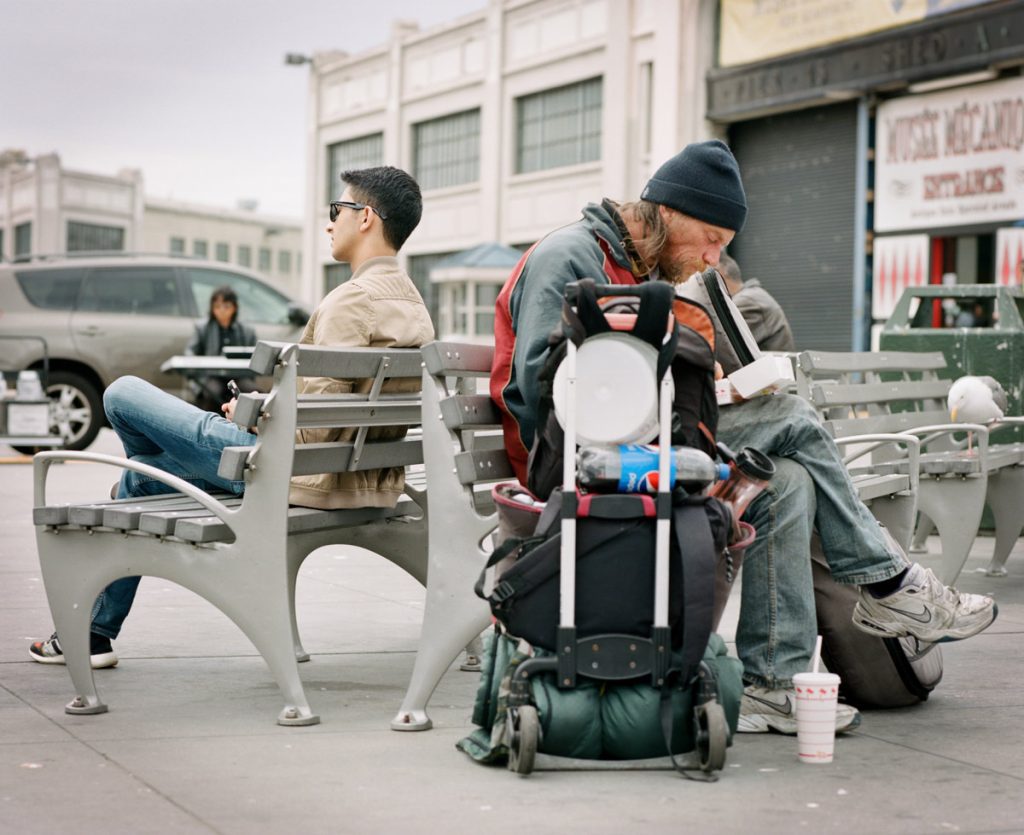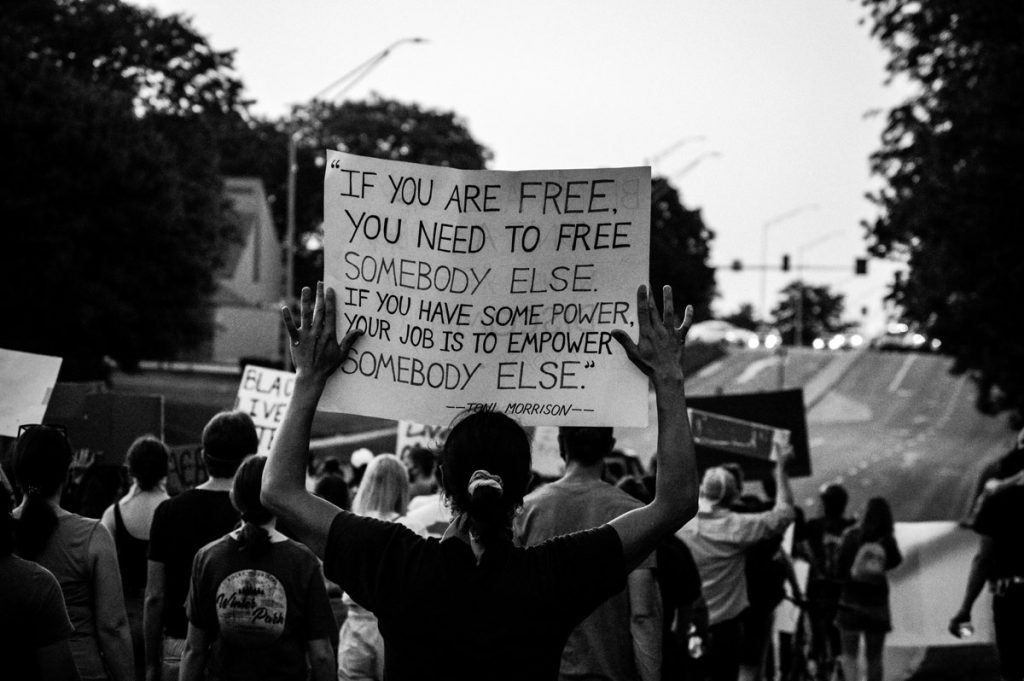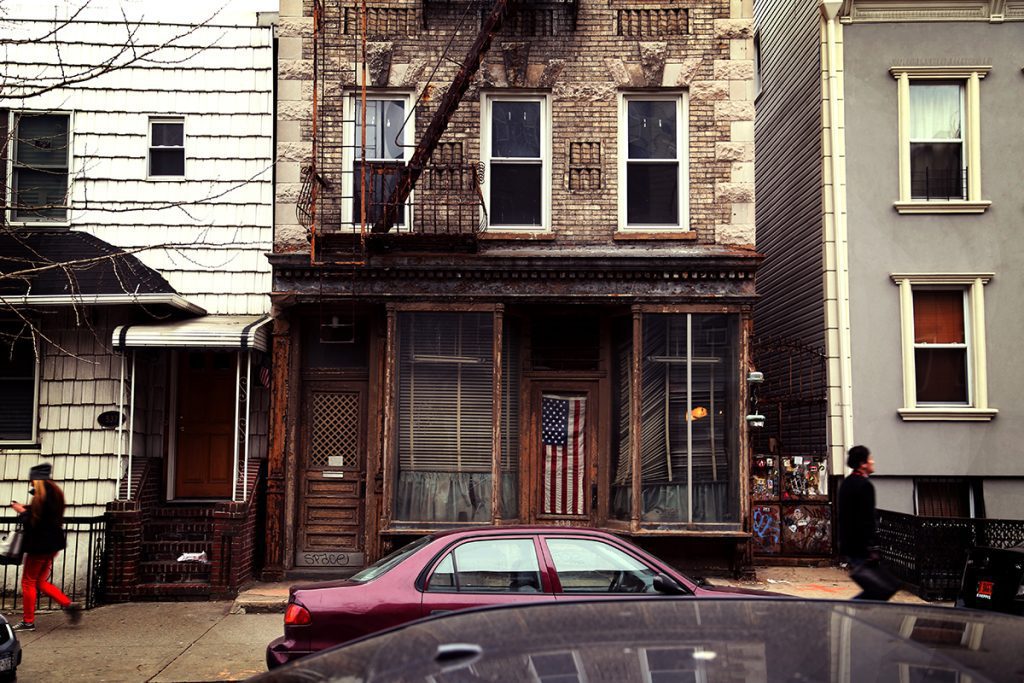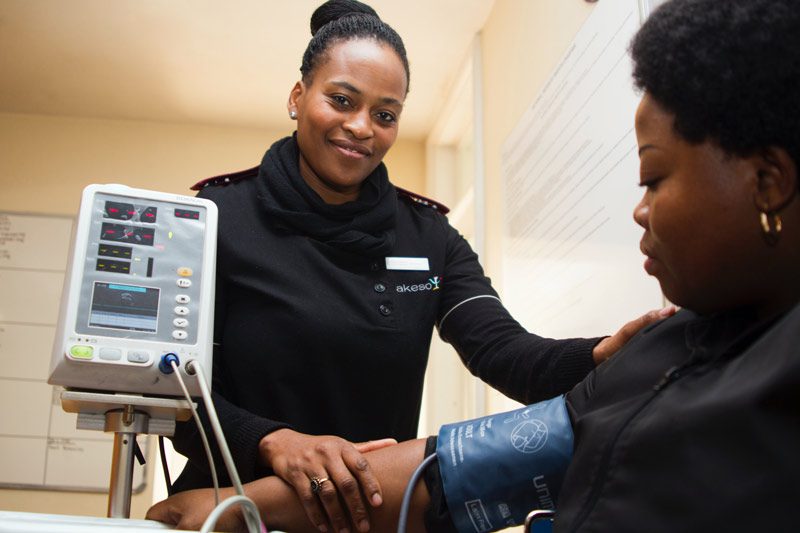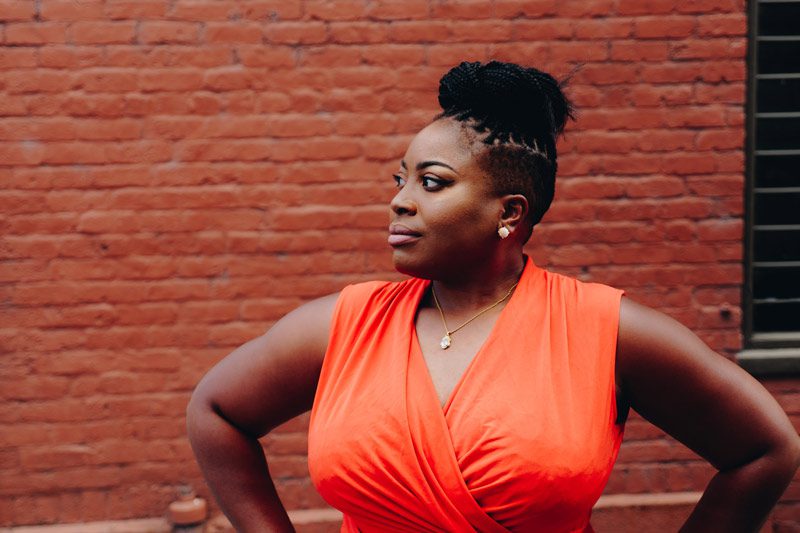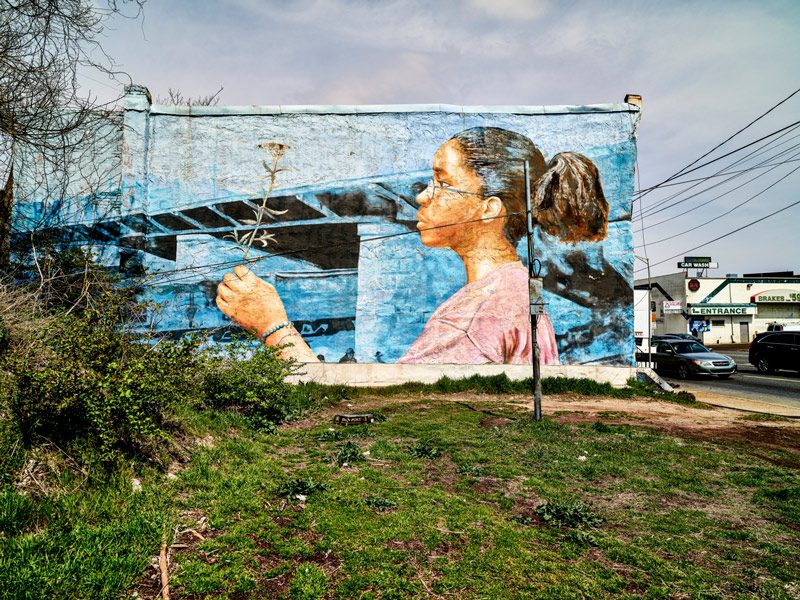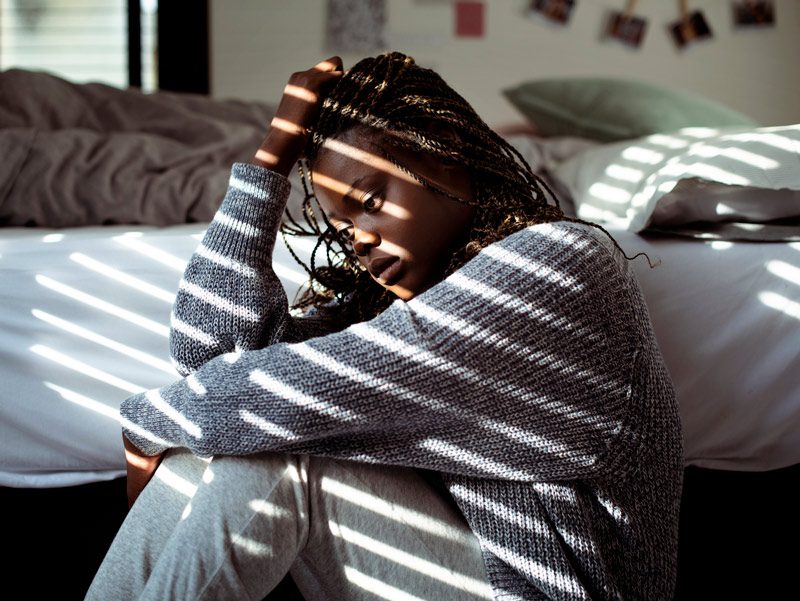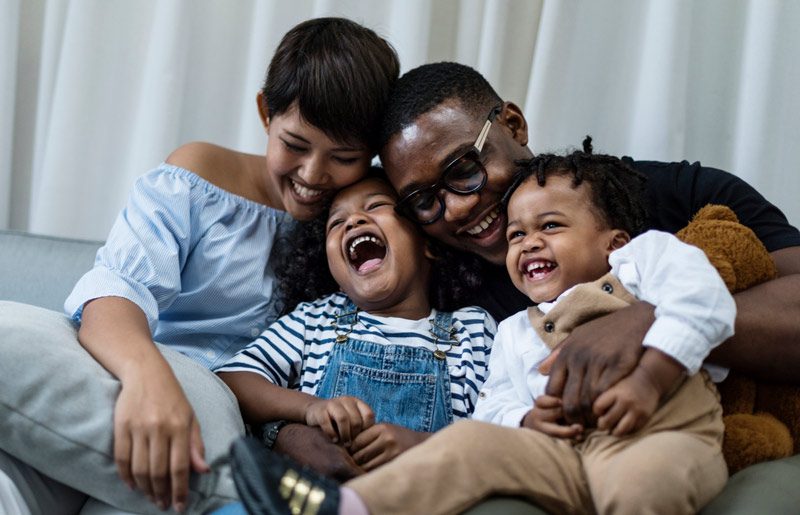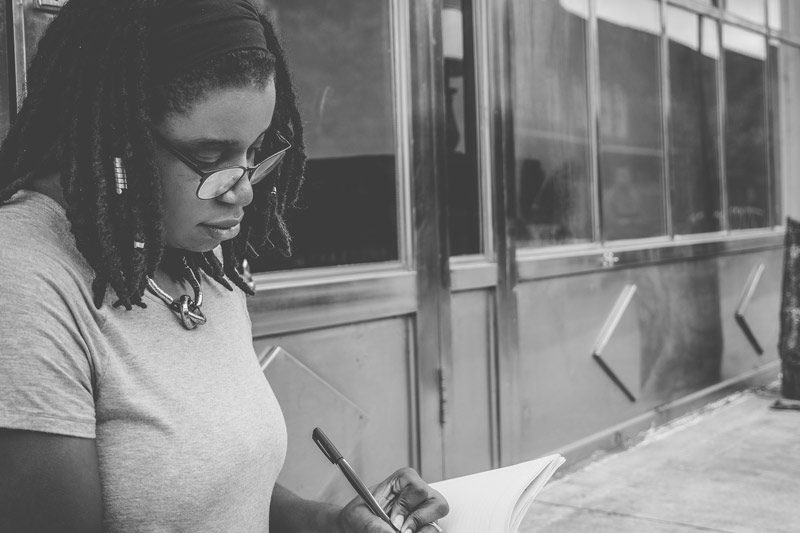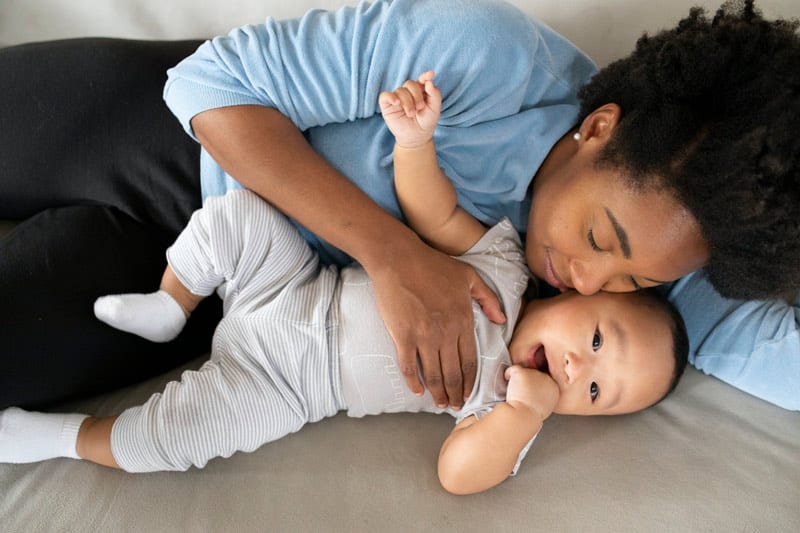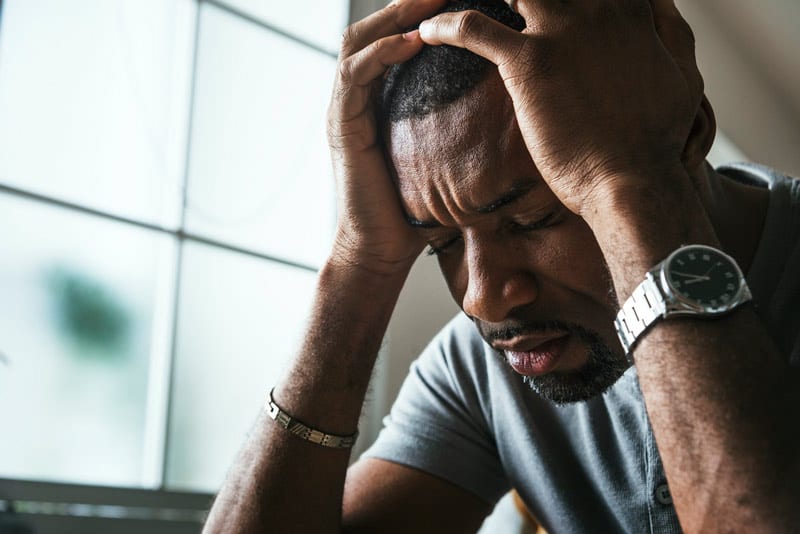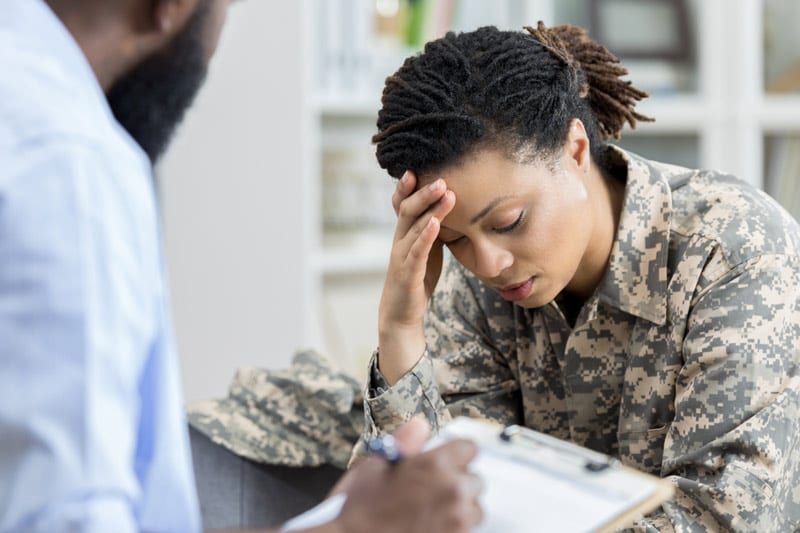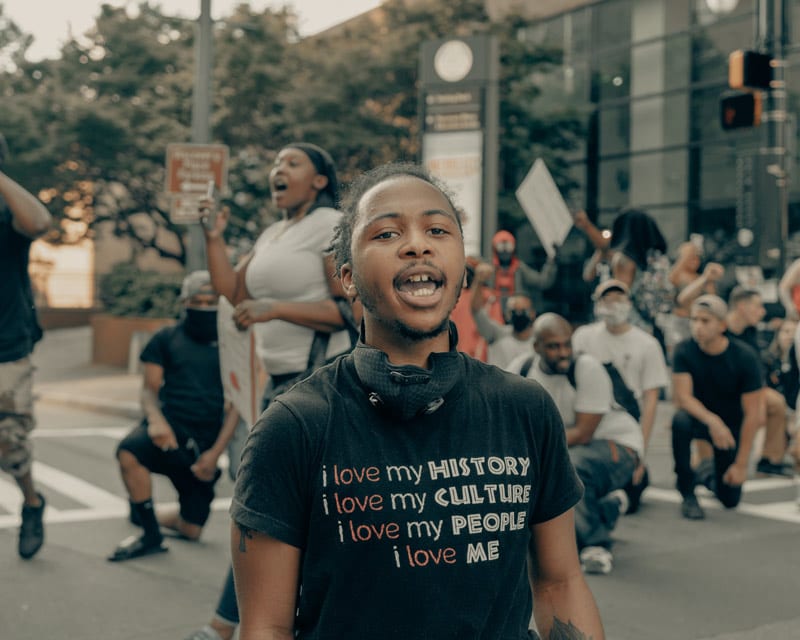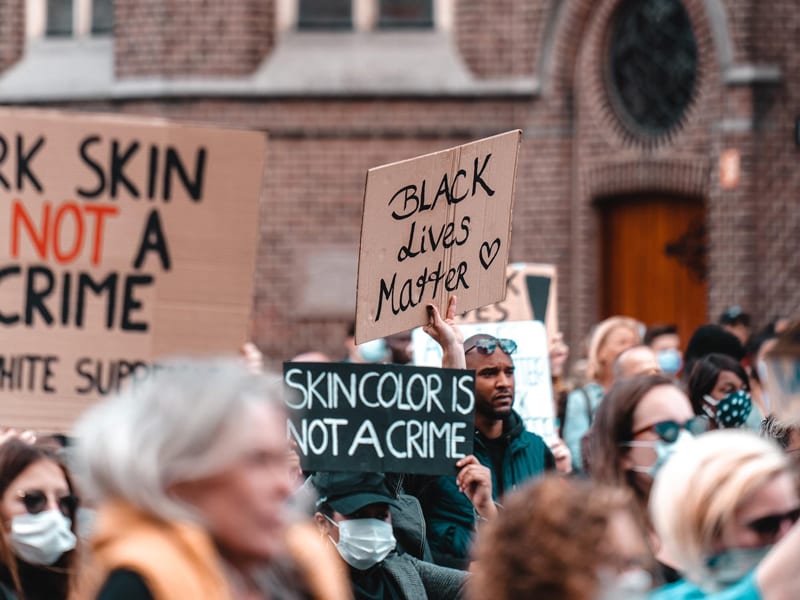In recent years, the discourse surrounding mental health has expanded to incorporate the concept of intersectionality, recognizing that individuals’ mental health experiences are shaped by a complex interplay of various identities. Today, we’ll briefly go over the profound impact of intersectionality on mental health and explore ways to break barriers so that mental health services […]
Our Latest Blogs
What is Perinatal Depression? Perinatal depression is a type of depression that can occur anytime during pregnancy and up to one year after delivery. Typical symptoms of depression are a change in mood, loss of interest in daily activities, feelings of worthlessness and hopelessness, and, in some cases, suicidal thoughts. Risk factors that contribute to […]
For years, mental illness has been heavily stigmatized. As a result, many people refrained from seeking help for their mental health. Fortunately, attitudes have improved somewhat in recent years, and receiving mental health treatment has become a more normalized practice. However, while mental health disorders have become less stigmatized, help is still unavailable for many […]
Living in poverty is exhausting. People who cannot afford to live comfortably and pay all their bills often have to deal with extraordinary challenges while living under near-constant stress. In the United States, with its wealth, many people live below the poverty line. A surprising 12.8% of the population falls under the poverty line, with […]
Substance use has come under the spotlight again in recent years, due to the opioid crisis, which has affected millions of Americans. Opioids aren’t the only substance being abused, of course—21.4% of people 12 and over have used illegal substances or abused prescription drugs in the last year. While not all of them became addicted, […]
Mental health and social justice are vital topics that significantly affect our well-being. The intersection of these two areas has gained increasing importance in recent years. Oppression, discrimination, and inequality can profoundly impact mental wellness. This article aims to examine the effects of oppression on mental health and emphasize the significance of comprehending and promoting […]
College students of color too often face mental health disparities that can have a devastating impact on their well-being. From increased rates of some disorders to unequal access to care, these disparities can be challenging to overcome. Research has shown that students of color are more likely to drop out of college due to mental […]
In 2020, research revealed that 37.2 million people in the United States experienced poverty (US Census Bureau, 2022). In addition, more than 1 in 5 (22%) children living below the federal poverty level had a mental, behavioral, or developmental disorder (Data and Statistics on Children’s Mental Health | CDC, 2022b). Keep in mind that this […]
Depending on where and who you are, you might get access to excellent care when you are sick or injured. Not everyone is so lucky, however. Health disparities are all too common in the United States, causing poor outcomes in patient care for the most vulnerable people. The good news is the growing awareness of […]
People of color face many challenges, from substance abuse to health concerns and trouble accessing mental health resources. Though employment programs, mental health clinics, and free rehab centers have been put in place to offer assistance, those in communities of color dealing with these issues still lack proper care and recognition. Professionals working with BIPOC […]
Most of us have experienced being othered by an individual or an entire group. For some of us, this experience can be quite common. I’ve been traversing life in this Black skin for a few decades, and as a Black woman, that otherness invariably includes exaggerated perceptions of strength, resilience, and independence. From childhood, I’ve […]
Education is the passport to the future, for tomorrow belongs to those who prepare for it today. – Malcolm X * Post updated 05/01/2024 * In May 2022, Laurel House, Inc., the sponsor of www.rtor.org, announced the creation of a $10,000 scholarship available each year to a Black or Hispanic resident of Connecticut enrolled […]
Though awareness regarding mental health conditions is growing, it isn’t a given in all communities. While rates of mental illness vary across demographic groups, some populations face additional vulnerabilities or lack adequate resources for treatment and support. Inner-city communities commonly experience significant numbers of underdiagnosed and undertreated mental health conditions. Untreated mental health conditions perpetuate […]
The theme observed for this year’s World Mental Health Day (October 10, 2021) was ‘Mental Health in an Unequal World.’ The subject is apt and relevant for these times of social protest against various forms of inequality: classism, sexism, racism, discrimination based on sexual orientation, religion, age, or disability. The list is long, and the […]
If you have rock-solid family relationships, you can walk through all challenges of life. It is always a joy to come home to a positive, supportive family. Strong family relationships are crucial for proper child development, happiness, and success. What is the greater value of bonds within a family? How can you nurture positive, healthy […]
While the world might be developing at a faster rate than ever, cultural stigmas still seep into everyday lives. Black people have been sucked into a pattern of behavior to protect themselves from the uncountable atrocities thrown at them. This collective experience unites them in the similarities of their invisible pain, sufferings, and traumas. As […]
The nature of a traumatic event is not completely generalizable and varies from person to person. What constitutes trauma for one person does not necessarily translate to trauma for another. Several factors can determine how a person experiences crisis or otherwise stressful life events. Pain tolerance is not merely an attribute of physical hurt. Emotional […]
Mental health concerns are more of a public conversation than ever before. After surviving a pandemic and readjusting to a new version of normal life, you may want to speak with a professional about things you’re feeling or thinking. Mental health resources for Black, Indigenous, and People of Color (BIPOC) may be more difficult to […]
I woke up nauseous, with a splitting headache again for the third morning in a row. I couldn’t blame it on being sick or anything else because only my bad decision-making was responsible for the state I was in. You see, I was a functioning alcoholic. I was in a high-stress military job where the […]
Mental health is critical, especially during a time like college, when schoolwork, social pressures, and other life factors can make it easy to let self-care fall by the wayside. What’s often not discussed is the disparity between white students’ access to mental health services and the more limited access people of color have to those […]
Race and mental health are common issues of discussion these days. There was a time, not too long ago, when both issues were considered private matters. Today, people are starting to realize that both topics are vitally important on both a personal and societal level. What’s more, the culture as a whole is also beginning […]
Say the acronym “PTSD,” and an image will probably emerge in your head. Most likely of a veteran. Most likely of someone who’s White. And though trauma studies began with White soldiers in WWI’s aftermath, trauma is not racially exclusive. Or is it? PTSD: A Historical Overview Though historical accounts of nightmares following ancient battles […]
The mental health sector in the U.S. isn’t perfect. Extensive studies have shown that some demographic groups are negatively impacted by racial and ethnic disparities. This means that Black, Indigenous, and People of Color (BIPOC) may experience cultural barriers, social and economic inequalities, and even reduced access to mental health care. So how can we […]
In the past decade, there has been a growing movement to practice diversity and inclusion in the mental health field. To fully understand the plight of BIPOC mental health, we need to take a deeper look at the obstacles that keep them from seeking help.
When I first began seeing a psychoanalytic therapist, it was for a “severe anxiety disorder,” which was especially triggered by anything that made me feel out of control. Traveling by subway, airplane, car, changed plans, psycho-active substances, big emotions, and, especially, other peoples’ reactions and even their perceptions of me. The unknown was uncomfortable, and the uncomfortable felt unlivable.
In recognition of Minority Mental Health Month, for our final blog post of the month, we are featuring a guest post by an African American writer who lives with bipolar disorder. Thank you, Ms. Jordan for your contribution! – Jay Boll, Editor in Chief www.rtor.org You would think going to the psychiatric floor of any […]

